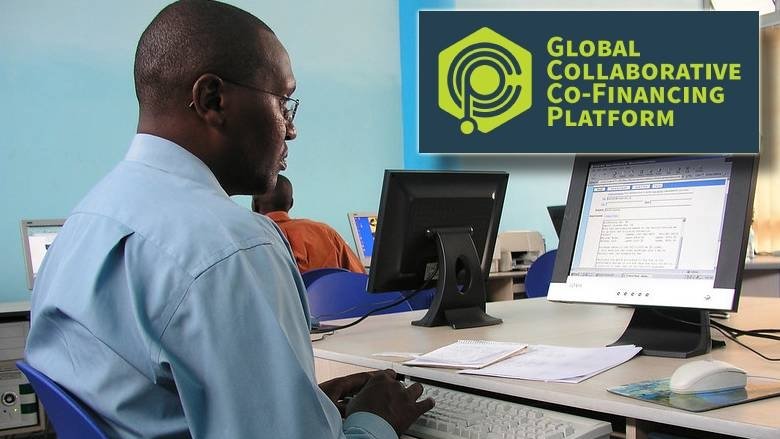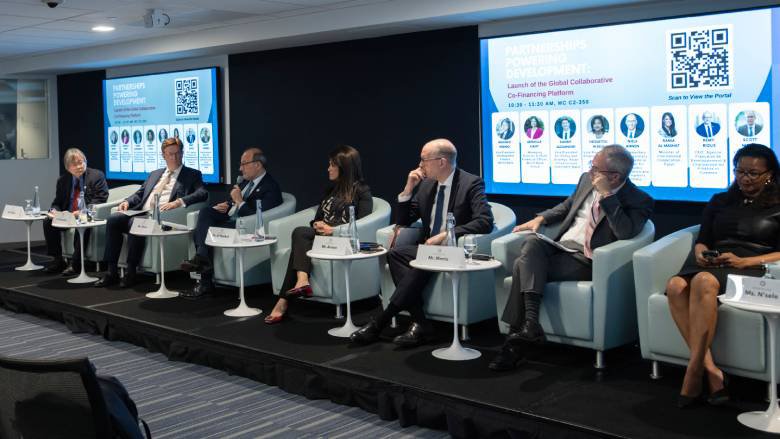As overlapping and compounding crises like fragility, conflict, economic turmoil, food insecurity, and climate change threaten global development, a well-coordinated response among partners is required. Multilateral development banks and other development partners are being called on to maximize the impact of their funding by working together more closely and operating as a system.
The new Global Collaborative Co-Financing Platform, launched by a coalition of ten multilateral development banks, will strengthen partnerships, promote transparency, and improve coordination, enabling development partners and recipient countries to address global challenges more effectively and efficiently.
“The global financing landscape is becoming more challenging, and it has become clear that tackling the world’s polycrisis requires the concerted effort of the global community,” said Akihiko Nishio, World Bank Vice President for Development Finance. “Co-financing allows us to generate efficiencies and maximize our collective development impact, including in times of crisis.”
The Benefits of Co-Financing
Collaboration through co-financing has proven to be an effective way to increase development impact, foster strategic alignment on global priorities, and facilitate coordinated flows of financing in line with country priorities. When well executed, co-financing can reduce aid fragmentation, lower transaction costs, help attract concessional financing, and simplify funding arrangements for client countries.
Furthermore, multiple development partners working together can increase the likelihood that a project will be successfully implemented at scale over a sustained period. These partnerships can also address larger cross-sectoral issues that require multifaceted interventions, which are otherwise difficult to implement when each financier focuses only on their own project.


